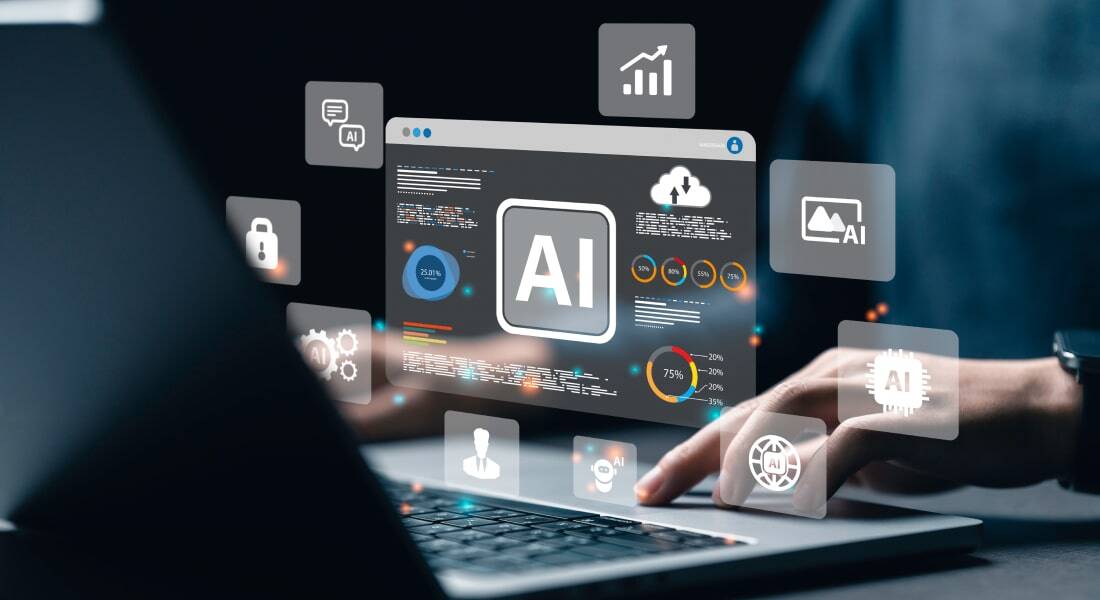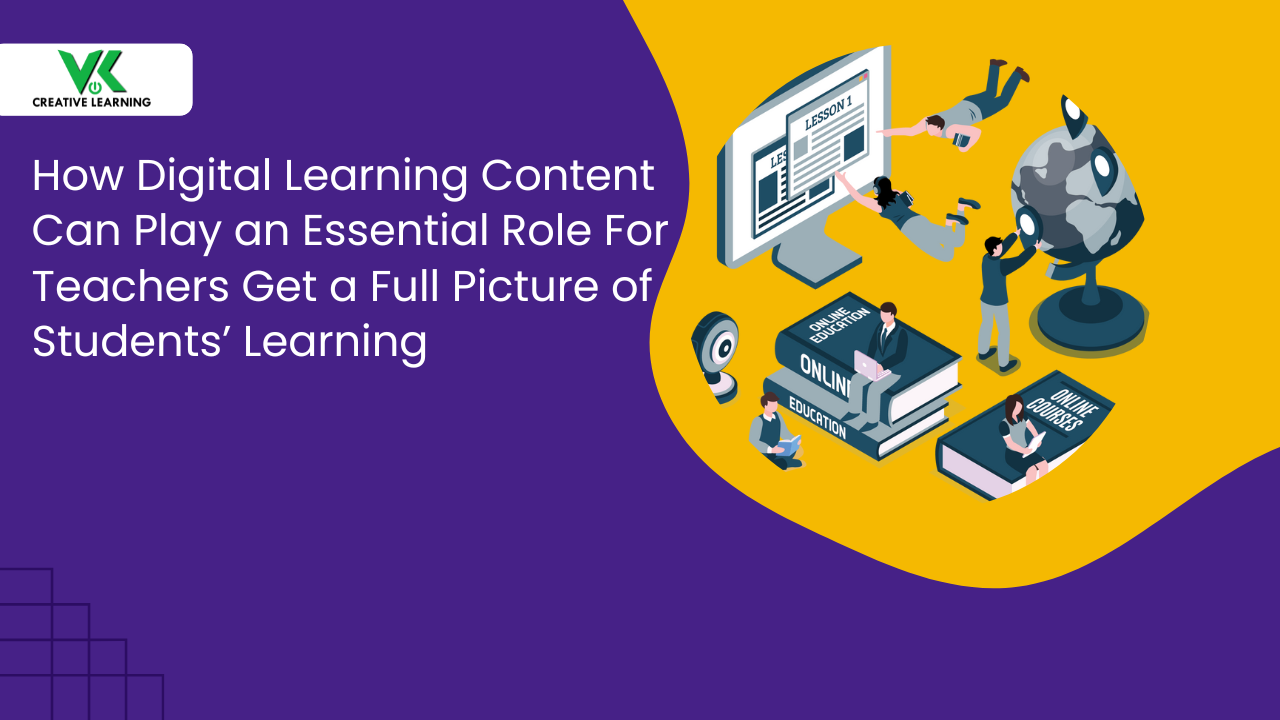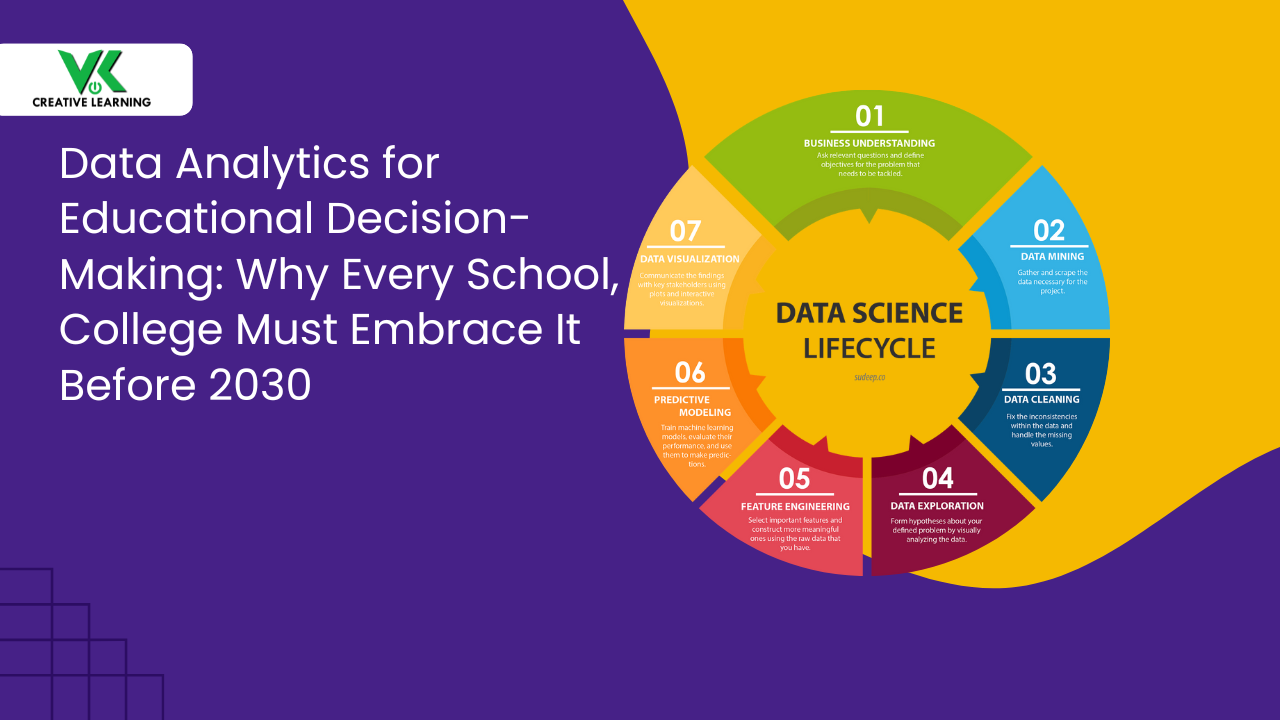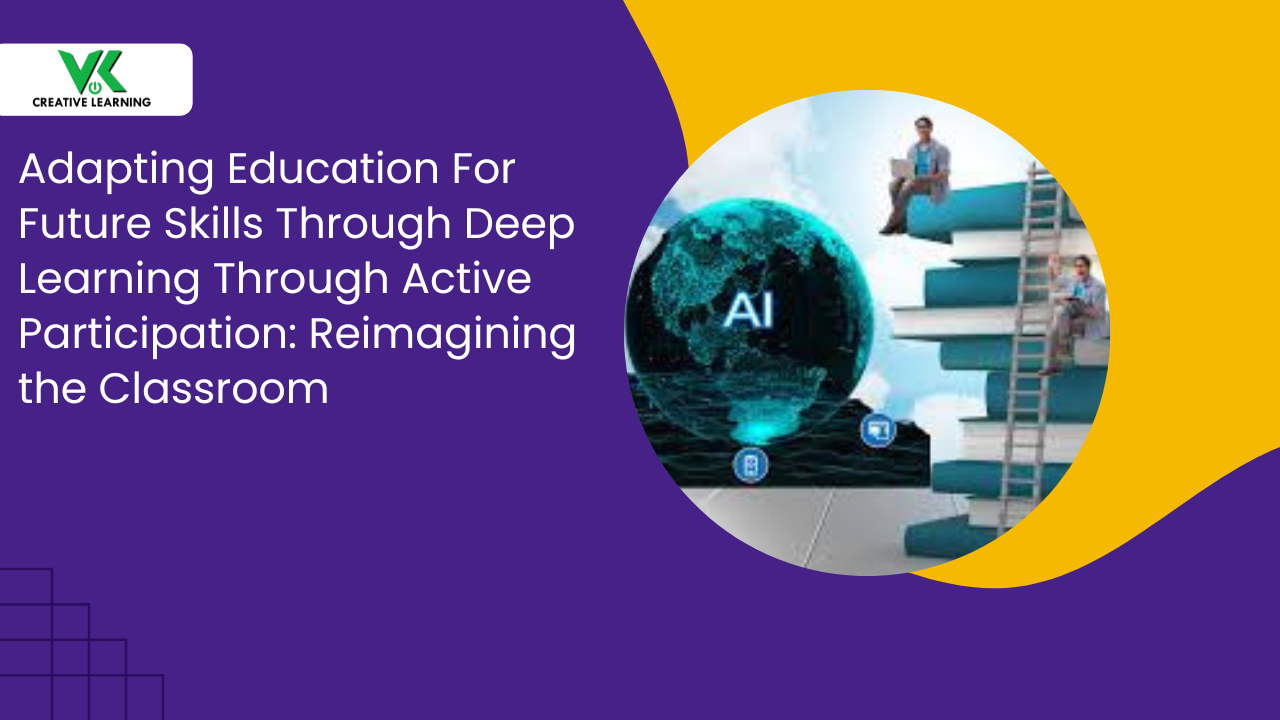Enhance Retail Customer Service Skills Experience with Retail eLearning Platforms
August 16, 2024
Retail eLearning Platforms can be used to train retail employees on how to serve customers better and handle tough situations in a hassle-free way
In the highly busy world of retail, having exceptional customer service is not merely a nice-to-have experience but an absolute necessity!
Importantly, when employees get a hang of how to smartly assist customers exceptionally, it would obviously make a monumental difference to the business.
This entire process can be compared to forging a new work relationship with an aim to make it a lasting one.
But how to make it possible, what would be the means, and which is the reliable methodology? The answer is a retail eLearning service or platform, created by a reliable and experienced eLearning development company.
Table of Contents:
- Training Employees with Retail eLearning Platforms -- A Smart Choice
- Retail eLearning Platform: A Game-Changer for Customer Service Training
- Conclusion
1. Training Employees with Retail eLearning Platforms -- A Smart Choice
All employees can be made to acquire the special knowledge or it would be possible to upskill them through retail eLearning platforms.
This is the medium through which it would become possible to assist the workforce to master the finest techniques so that they can address customers' queries and problems in a calm and convincing way.
Example: To illustrate the use of the retail eLearning platform, suppose that a store has an employee, Sam.
Sam, having absorbed all the essential tricks through the eLearning courseware program has a good knowledge about how to delight customers. That is, he is always smiling and a pleasant person to talk to which keeps customers happy, and thus, the company is able to retain customers.
2. Retail eLearning Platform: A Game-Changer for Customer Service Training
Traditional classrooms, though practiced and preferred by many firms, can be time-consuming at times; sometimes expensive, and rather a one-size-fits-all affair.
Suppose a flock of employees wants to soak up the knowledge (retail customer service skills) like a sponge in a classroom. But this can turn into a logistical nightmare, to say the least.
Thankfully, retail eLearning platforms -- a magnificent tool -- can help to overcome various issues as they are not mere digital classrooms but interactive and flexible learning platforms for learners. Let us go through the various specialties, explained hereunder, of eLearning that learners can reap.
(2.1) Accessibility and Convenience: When it comes to flexibility, a retail eLearning platform can give unprecedented convenience to the learners as they can log in to the virtual courseware as when time permits. So, it is no longer mandatory to attend a classroom training session at a specific time.
Also, another fascinating aspect is that with a retail eLearning platform, customer care employees can access training materials from any place of their choice and from any device they want.
This becomes extremely convenient for the executives as they can even undergo training using their smartphones while traveling. Moreover, it is like carrying a personal library in one’s pocket and going through the learning materials during leisure time or even during breaks. Of course, owing to all these, a retail eLearning platform can be seen as an epitome of convenience as it allows to go through the course content to acquire retail customer service skills while sipping tea or even while eating snacks.
Suppose an employee switches between a podcast on customer service techniques and an interactive quiz on product knowledge while commuting. Isn’t this a high level of convenience and, guess what, the ease of accessing retail eLearning platform anytime further makes the lives of the trainees easy!
Consequently, fitting around the busy lives of the learners, this flexible medium empowers employees to take control of their learning journey.
Importantly, knowledge seekers can revisit materials as when they need them, ensuring that all essential topics are covered.
(2.2) Personalized Learning to Fit Learning Style: These types of coursework offer a unique learning experience to each individual in a tailored fashion -- for some, a hands-on approach, while for others, visual learning materials are provided.
In fact, retail eLearning platforms have intelligent algorithms within them that can adapt to suit every learner's content requirements -- unique style and pace. It is also equipped with quizzes that are interactive in nature with multiple branching storylines. These features help to polish retail customer service skills, making knowledge intake interesting and at the same time, providing enriched learning content. And, when combined with personalized content modules, learners feel as if they are being trained by personal instructors.
(2.3) Microlearning Makes Learning Easy: It's worth thinking -- do customer service employees have adequate time to attend lengthy training sessions? Well, many may answer, not in the current fast-paced world as hectic schedules and targets make attending training sessions more difficult.
Adding to the problems are fat reference books with long paragraphs and complex jargon on how to deal with tough customers. But these problems can be overcome -- courtesy micro-learning methodology that is used in retail learning courseware.
The microlearning technique is all about breaking down complex customer service information into something simple, small, and importantly, easily digestible chunks. It's like serving up short videos (but properly elaborated), interactive simulations (dealing with virtual customers to get hands-on practice), and quick quizzes to the learners in small modules so that employees remain engaged and don't get overwhelmed with excess information.
(2.4) Enhanced Engagement and Knowledge Retention: Retail eLearning platforms have transformed training sessions a lot in many ways so that they are no more dull sessions. With the inclusion of interesting elements such as gamification -- a fun way to go through concepts, simulations -- virtual practice, and social learning, learners don't have to sit for monotonous lectures to get knowledge.
With games on the eLearning platform, it may give a sense to learners as if they are escaping into a zone of competitive multiplayer gaming sessions and who wouldn’t like to be a part of the fun time?
Precisely put, you can think of employees playing games as they participate in training sessions. The best aspect is that the desire to unlock new levels while crossing each new level in the game and achieving high scores drives them to be part of the next training exercise.
This way of acquiring knowledge not only makes learning fun but also ensures that learners are able to retain the knowledge for a long time.
In the same way, even simulation as a part of a retail eLearning platform can be helpful to bring interest in training sessions. For instance, through simulations, salespersons can go through various scenarios where they will have to carry out customer interactions.
During this process, they will have to make quick as well as smart decisions that impact their virtual store’s success. This type of hands-on experience through virtual simulations where they can obtain knowledge quickly is precious and can help them to fast forward their career path. Reason: such exercises provide them the practical retail customer service skills that are applicable in real-world scenarios.
(2.5) Learning Management Systems (LMS) For Course Adjustment and Progress Tracking: Just like the central nerve, eLearning LMS serves as a central hub for all types of training needs as it allows to upload content as when required; manage the courses, and keep track of eLearning content and even learner's progress. Since monitoring employees' progress becomes easy, the areas for improvement for them can also be identified, and accordingly, retail training programs can be tailor-made accordingly.
Thus, this tool is more like a personal coach who is always there for the team members whenever they want any information or to upskill themselves. Importantly, the tool allows the learning and development department to keep a tab on how the learners are excelling as far as knowledge updation is concerned and accordingly provides suggestions where the learning content can be made easier for them.
(2.6) Scalability Matters: With retail eLearning platforms, it would be possible to train hundreds of employees simultaneously -- all situated in multiple locations! Specifically, eLearning platforms are capable of delivering consistent knowledge (retail customer service skills) regardless of geographical location; handling large-scale training initiatives at ease.
With this unparalleled ability to scale, every note falls in perfect harmony while a grand symphony of learning is conducted. So, firms can bid adieu to age-old geographical constraints while training is done or even varied logistical headaches that pose as a hurdle when knowledge is disseminated to the learners.
3. Conclusion
Retail eLearning platforms can turn out to be a boom for serving the customers in a better way as the employees of the retail industry will get equipped with all the essential retail customer service skills.
If you as a retail firm is interested in developing a retail eLearning platform to train your employees and upskill them, then you can get in touch with VK Creative Learning



